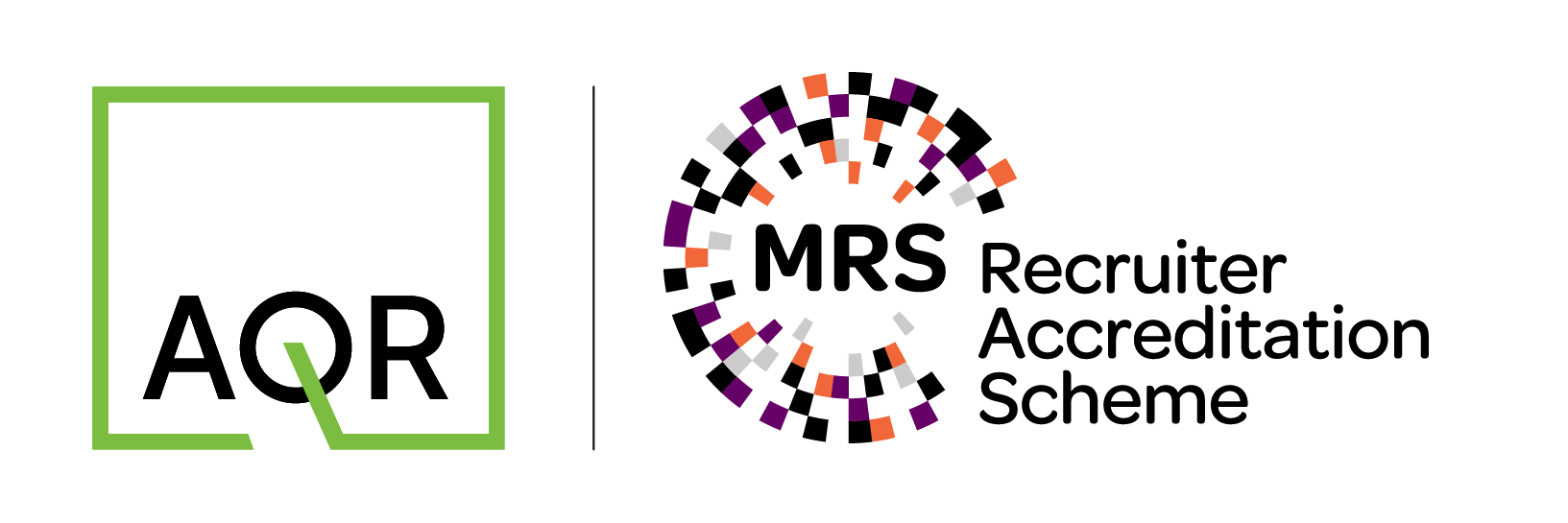All MRS websites use cookies to help us improve our services. Any data collected is anonymised. If you continue using this site without accepting cookies you may experience some performance issues. Read about our cookies here.
You are currently not logged in. Any progress made will be lost.
Collecting data on social class
There are some recommendations when collecting data to determine social class and inclusion:
- People can make assumptions based on where someone lives and their perceived economic status. These assumptions can in turn lead to harmful language based on cultural stereotypes and historic events. Many slang words and idioms can also reference socioeconomic status
- Avoid language that frames the person as a problem rather than the challenging situation they find themselves in. For example, “person with drug issues” is better than `druggy’, and “people with low incomes” is better than `poor people’.
- Inclusive language related to socio-economic status should treat all people fairly, regardless of where they’re from or what they do.
- Avoid negative terms based on where someone’s from or what they do − Only be mentioned (without judgment) when relevant to a discussion.
- Other terms to avoid include the homeless, at risk, needy or disadvantaged; instead use phrases such as people experiencing homelessness, people who are homeless, people who are experiencing poverty, etc.
For more detail see:
- MRS Senior Client Council: Language Guidelines for Clients
- MRS Best Practice Guide: Collecting Data on Sex and Gender
- MRS Best Practice Guide on Collecting Sample Data on Physical Disabilities and/or Mental Health Conditions
- MRS Best Practice Guide on Collecting Ethnicity Sample Data
- MRS Best Practice Guide on Collecting Sample Data on Sexual Orientation
- MRS Best Practice Guide: Age bands for researching over 65s


